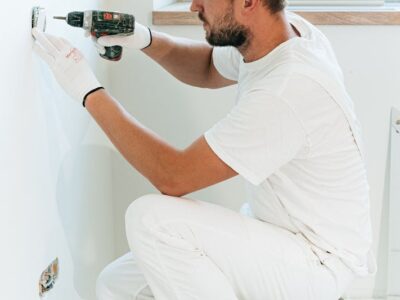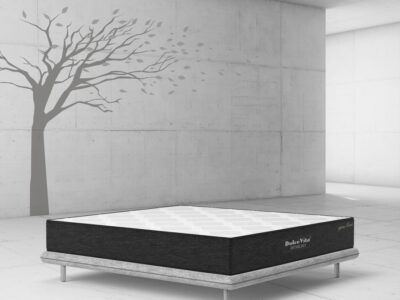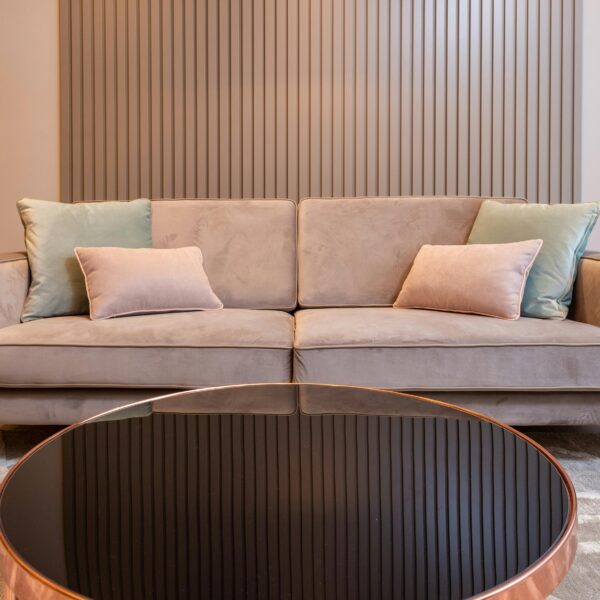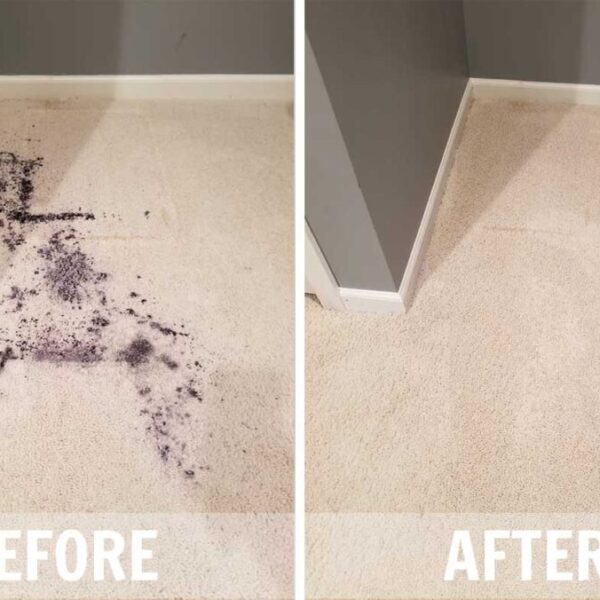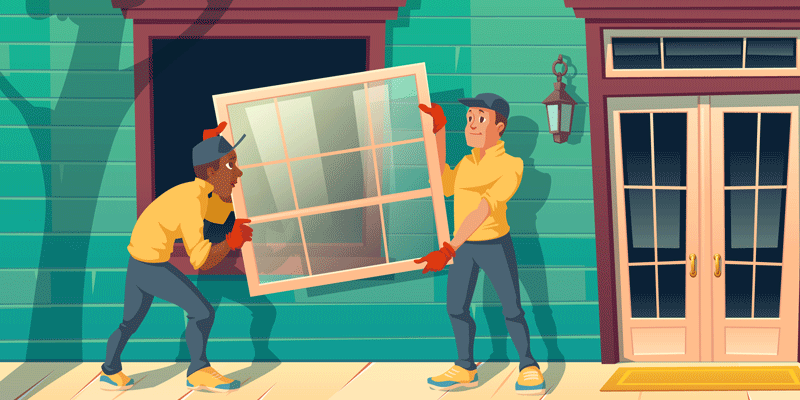
When it comes to home improvement, few projects can enhance the aesthetic appeal, energy efficiency, and overall comfort of your home as effectively as home window installation and repair. Windows are not just openings that let light in; they play a crucial role in your home’s insulation, security, and ventilation. In this article, we’ll explore the importance of professional home window installation and repair, the various types of windows available, and key factors to consider for a successful project.
The Importance of Professional Window Installation
While it might be tempting to take a DIY approach to window installation, professional help can ensure a flawless job. Here are several reasons why opting for professional installation is beneficial:
- Expertise and Experience: Professional installers have the necessary training and experience to handle various types of windows and the unique challenges that come with different homes. They understand local building codes and regulations, which can save you from costly mistakes.
- Quality Assurance: A professional installation guarantees a higher level of quality. They use industry-standard techniques and tools, which contribute to a better seal, reduced air leaks, and enhanced durability.
- Warranty Protection: Many window manufacturers require professional installation for warranty coverage. If you install the windows yourself, you may void the warranty, leaving you responsible for any future repairs.
- Time and Cost Efficiency: While it might seem cheaper to do it yourself, the potential for mistakes can lead to increased costs down the line. Professionals can complete the job more quickly, reducing labor costs and minimizing disruption to your home life.
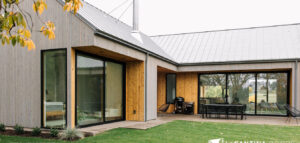
Types of Windows
When considering window installation, you’ll find a variety of window types to choose from, each with its unique benefits. Here are some popular options:
- Double-Hung Windows: These windows have two sashes that slide up and down. They are easy to clean and offer great ventilation, making them a popular choice for many homeowners.
- Casement Windows: Hinged on one side, casement windows open outward, providing excellent ventilation and unobstructed views. They are often more energy-efficient than double-hung windows due to their airtight seal when closed.
- Sliding Windows: These windows operate by sliding horizontally. They are perfect for areas where you want a wide view but have limited vertical space.
- Bay and Bow Windows: These windows extend outward from the house, creating a small nook inside. They add architectural interest to your home and allow for more natural light.
- Picture Windows: Fixed windows that do not open, picture windows are designed for maximum views and natural light. They are ideal for rooms with beautiful scenery outside.
- Skylights: Installed in the roof, skylights can transform dark spaces by adding natural light. They come in various styles, including venting options for airflow.
Factors to Consider for Window Installation
When planning your window installation, there are several factors to keep in mind to ensure a successful outcome:
- Energy Efficiency: Look for windows with a high energy efficiency rating. Features such as double or triple glazing, Low-E coatings, and gas fills can significantly improve your home’s insulation, reducing energy bills.
- Frame Material: Windows come in various frame materials, including vinyl, wood, aluminum, and fiberglass. Each material has its pros and cons in terms of maintenance, durability, and insulation. Choose a frame that best fits your climate and aesthetic preferences.
- Glass Options: The type of glass used in windows can impact energy efficiency and noise reduction. Low-E glass, for example, reflects heat back into your home in winter and keeps it out in summer, while laminated glass can reduce outside noise.
- Installation Timeframe: Discuss the timeline with your installer. Depending on the number of windows being installed and your home’s specific requirements, the installation could take anywhere from a few hours to several days.
- Budget: Set a realistic budget for your window installation project. Consider not just the cost of the windows themselves but also the installation labor and any potential additional materials required.

Window Repair: Maintaining Your Investment
Regular maintenance and timely repairs can extend the life of your windows and improve their performance. Common window issues that may require professional attention include:
- Drafts: If you feel cold air coming through your windows, it could be due to worn-out weather stripping or damaged seals. These issues can often be repaired without needing a full window replacement.
- Foggy Glass: If your double-pane windows appear foggy, it usually indicates a broken seal. While some homeowners may consider DIY solutions, replacing the entire window or at least the glass is often necessary for a long-term fix.
- Sash Problems: Difficulty in opening or closing windows is often a sign of wear and tear on the sash. Repairs can include lubricating the tracks, replacing worn-out parts, or even re-hanging the window.
- Rotting Frames: Wooden frames can suffer from rot if not properly maintained. Repairing or replacing these frames is crucial to maintaining your window’s integrity and your home’s energy efficiency.
Conclusion
Home window installation and repair is a critical aspect of maintaining and improving your home. By understanding the types of windows available and the importance of professional installation and repair, you can make informed decisions that enhance your home’s comfort, beauty, and efficiency. Whether you are upgrading your windows or fixing existing ones, investing in quality windows and expert installation will pay off in the long run, ensuring your home remains a welcoming and energy-efficient space for years to come. For more information, visit Decornapa and explore how we can assist you with your window installation and repair needs.
